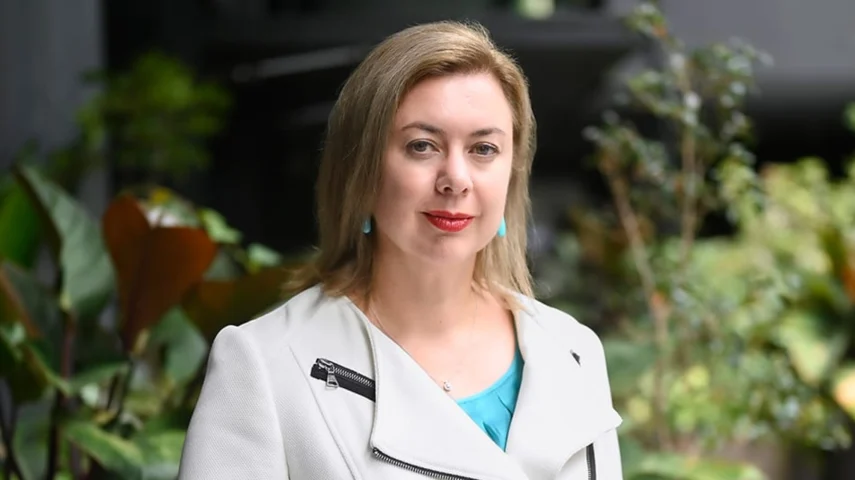FAAA raises CSLR concerns with Minister Jones



The Financial Advice Association Australia (FAAA) has met with Minister for Financial Services, Stephen Jones, to discuss their concerns about the escalating costs of the Compensation Scheme of Last Resort (CSLR).
The organisation met with Jones on 14 August to discuss the total cost of the scheme and its operation.
The CSLR was launched in April and is actively managing 102 claims at the moment, 79 per cent of which are related to financial advice. It has paid a total of 37 claims since its introduction, representing $3.3 million so far, and 20 claims have been closed due to ineligibility.
Thanks to complaints about Dixon Advisory to the Australian Financial Complaints Authority, which stand at more than 2,700, the majority of CSLR claims and levy fall on the financial advice sector. As a result, the CSLR levy for the financial advice sector stands at $18.5 million out of a total levy of $24.1 million.
FAAA chief executive Sarah Abood said: “We have told the minister that although we support the scheme, the funding model is completely unsustainable.
“The financial advice profession does not have the capacity to pay compensation to the clients of large listed entities which have done the wrong thing, and nor should we. We are looking at losses approaching $135 million for Dixon Advisory alone, with nothing in place to stop similar situations happening in the future.”
She said she felt that Jones had “clearly heard these concerns” and intended to work with the body and Treasury to ensure the CSLR could successfully achieve its goals.
“He has advised us that the FAAA will have the opportunity to work with Treasury to outline unintended consequences of the CSLR and listen to pragmatic and feasible solutions.”
Abood also referenced the public inquiry that her colleague, Phil Anderson, called for into what happened at Dixon Advisory, where the majority of CSLR complaints were centered.
This inquiry would consider the Dixon Advisory judgment, the original action and what changed, the decision by ASIC to settle, what the judgment said and the Dixon Advisory class action.
“With potential losses approaching $400 million, there is a clear public interest in understanding what has happened and how similar situations can be prevented in future,” Abood said.
Recommended for you
Centrepoint Alliance has overtaken Count as the second largest AFSL with more advisers in the pipeline and strong EBITDA growth predictions for FY2026.
ASIC has released an update to its regulatory guidance on managing conflicts of interest for financial services businesses on the back of its primate markets surveillance.
Sequoia Financial Group has flagged a series of non-cash impairments for the first half of FY26, citing exposure to Shield and First Guardian and provisions for potential professional indemnity insurance claims.
The Australian Wealth Advisors Group has completed two strategic investments, doubling its number of authorised representatives and increasing its FUMA by more than $1 million.












...ummmm, I thought Managed Investment Schemes were excluded from the CSLR??? ...but Jones is including the Dixon Advisory MIS exclusively...(and retrospectively)! How odd? Apparently a lot of Canberra based government bureaucrats lost money in the scam! Makes sense now..!